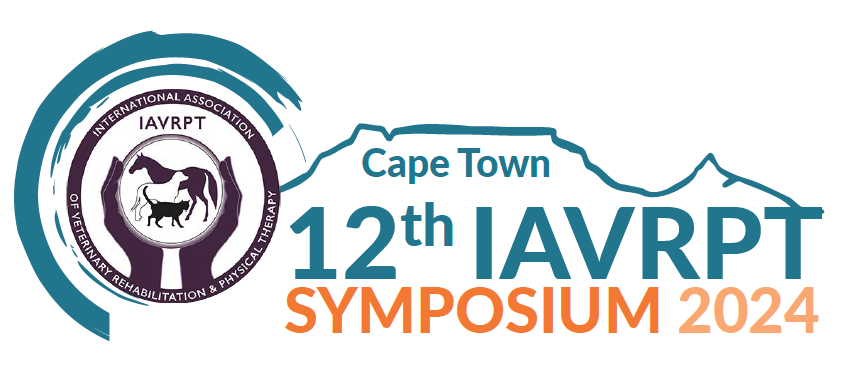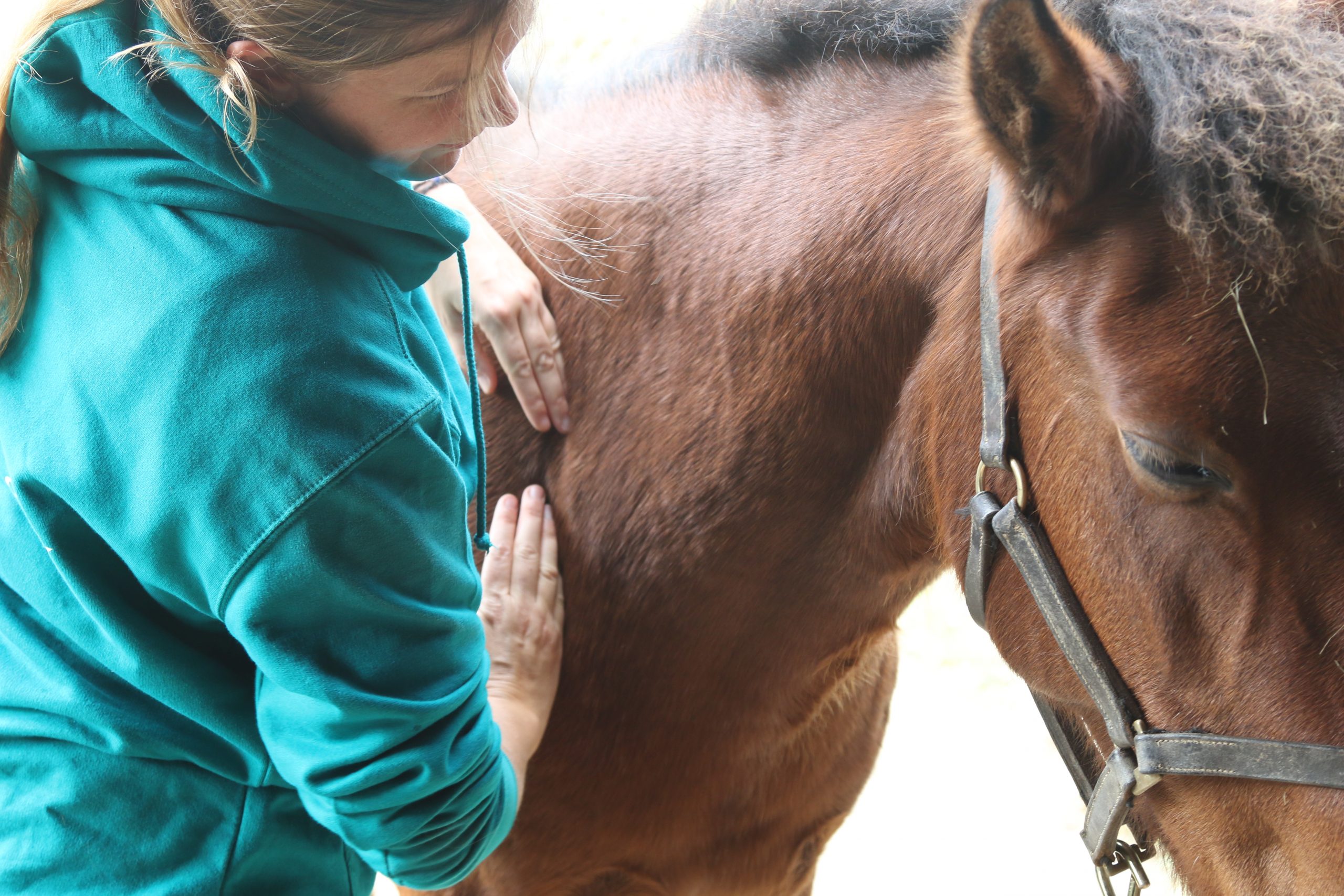General travel information
Every person wishing to enter South Africa must be in possession of a valid passport for travel to South Africa and, where necessary, a visa.
- Passengers traveling to South Africa must be in possession of a passport with two unused pages required for endorsements. The two unused pages when presented for purposes of endorsing a port of entry visa, visa, permanent residence permit, or entry of departure stamp.
- The passport must be machine readable however, the foreigner may be admitted into or depart from South Africa with a non-machine-readable passport provided that:
- He or she is from a foreign country that is issuing machine-readable passports and has not completely phased out the non-machine-readable passports; and On entry to South Africa, a visa is considered to be a visitor’s permit. The permit’s period of validity is calculated from the date of entry into the country and will be set out under the heading “conditions” on the visa label.
Please ensure that you apply for the correct visa/permit. Entry into the country may be refused if the purpose of the visit was not correctly stated. Requirements for visitor visas differ from country to country (click here to see which countries are currently exempt), and the requirements are subject to change. Each application is treated individually. You should make an appointment with your nearest South African consulate. There is a fee charged for processing a visa, so you should check beforehand what this will be (it differs from country to country.) The fee is payable in different currencies in different countries.
If required, upon request, the Conference organiser is willing to send you a letter of invitation. It should be understood, that this letter will be sent only to help participants to raise travel funds or to obtain a visa. A letter of invitation is not a commitment on the part of the organizers to provide any financial support. Please note that only registered delegates who have paid their Conference registration fees will be issued with a letter of invitation. http://www.dha.gov.za/index.php/immigration-services/apply-for-a-south-african-visa
Visitors from the yellow fever belt in Africa and the Americas, as well as those, who travel through or disembark in these areas, have to be inoculated against the disease.
There are no compulsory vaccination requirements for persons entering South Africa. Certain parts of the country have been designated as malaria risk areas. If you intend to travel to one of these areas, it is essential that you take prophylaxis before arrival and whilst in the area. Protective clothing and insect repellents should also be used.
Cape Town is a malaria-risk-free area. South African doctors and dentists are highly trained professionals and hospitals are well equipped. Participants are requested to make their own arrangements with respect to health insurance prior to departure and consult their local general practitioner for personal expert advice. The South African National Travel Health Network (SaNTHNet) has been established to provide travelers with essential information related to health risks both locally and across borders. The website has regular updates on health risks, as well as providing general information related to vaccination requirements for various destinations
Note: Malaria present in parts of South Africa, especially: remote areas in the far north, remote areas in the east & Kruger National Park
For more information, click here
It is safe to drink tap water throughout South Africa. However, for those who prefer bottled mineral water, this is readily available in various stores. Smoking is prohibited by law in most public buildings in South Africa (airports, shopping centers, restaurants, etc.), except in designated smoking areas.
There are currently no Covid-19 restrictions applicable for entry into South Africa.
Language
We are a multi-lingual country but our official language is English
Currency
The currency of South Africa is the South African Rand (ZAR). 1R (Rand) is divided into 100 c (cent). There are 6 different coins: R1, R2, R5, 5c, 10c, 20c. There are 5 different bank notes with the following values: R10, R20, R50, R100, R200. To avoid unexpected risks of receiving fake money, we recommend checking the currency when trading. Be especially careful with those banknotes: R200, R100. The current exchange rate of the South African Rand (ZAR) is $1 USD = 19.17 ZAR. (Data updated: 25 October 2023)
Shopping in Cape Town
Most shops in the city center and suburbs open between 08h00 and 17h00 to 17h30. Shops in major shopping malls open at 09h00 and close at 21h00 or later (especially at the V&A Waterfront), even on Sundays and most public holidays. Government agencies keep to traditional weekday-only hours. Most banks close at 15h30 and have limited Saturday morning opening times. Muslim-owned businesses close at noon on Fridays and re-open at 14h00.
Loadshedding
Loadshedding is another term for rolling blackouts and power cuts. Load-shedding happens when there’s a huge demand on the national power grid, leading to the interruption of the electricity supply to the country. Loadshedding discontinues the power supply to certain areas, according to a schedule, to allow the power utility to get failed generation units back online. Load-shedding is implemented in stages and depends on the extent of the shortage of electricity generation.
Insurance
The 12th Symposium for the International Association of Veterinary Rehabilitation and Physical Therapy accepts no liability for any personal injury, loss, or damage of property belonging to or additional expenses incurred by conference participants either during the conference or as a result of delays, strikes, or any other circumstances. Participants are requested to make their own arrangements with respect to health, travel, and cancellation insurance.
Getting Around in Cape Town
Ride-hailing, rental car, minibus taxi, or bus. For more information to get around Cape Town >>
Safety and Security
“Cape Town is a major, modern cosmopolitan South African city. As such, we would advise travelers to exercise the same level of vigilance they would exercise when visiting any major city in the world.
This includes ensuring you follow basic safety tips such as keeping emergency numbers on hand, avoiding carrying large sums of cash, and keeping your valuables safe at all times. For the overwhelming majority of the 1,7 million foreign visitors to the Western Cape in 2018, a visit to Cape Town and the Western Cape was a positive, memorable experience.
The destination is frequently cited as among the world’s best holiday destinations and has a high return visitor rate, proving that those who visit our destination once, fall in love with it, and want to discover it again.” – Cape Town Tourism




